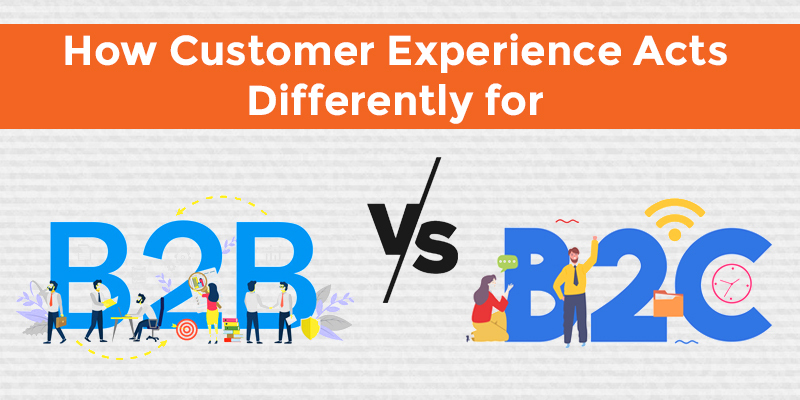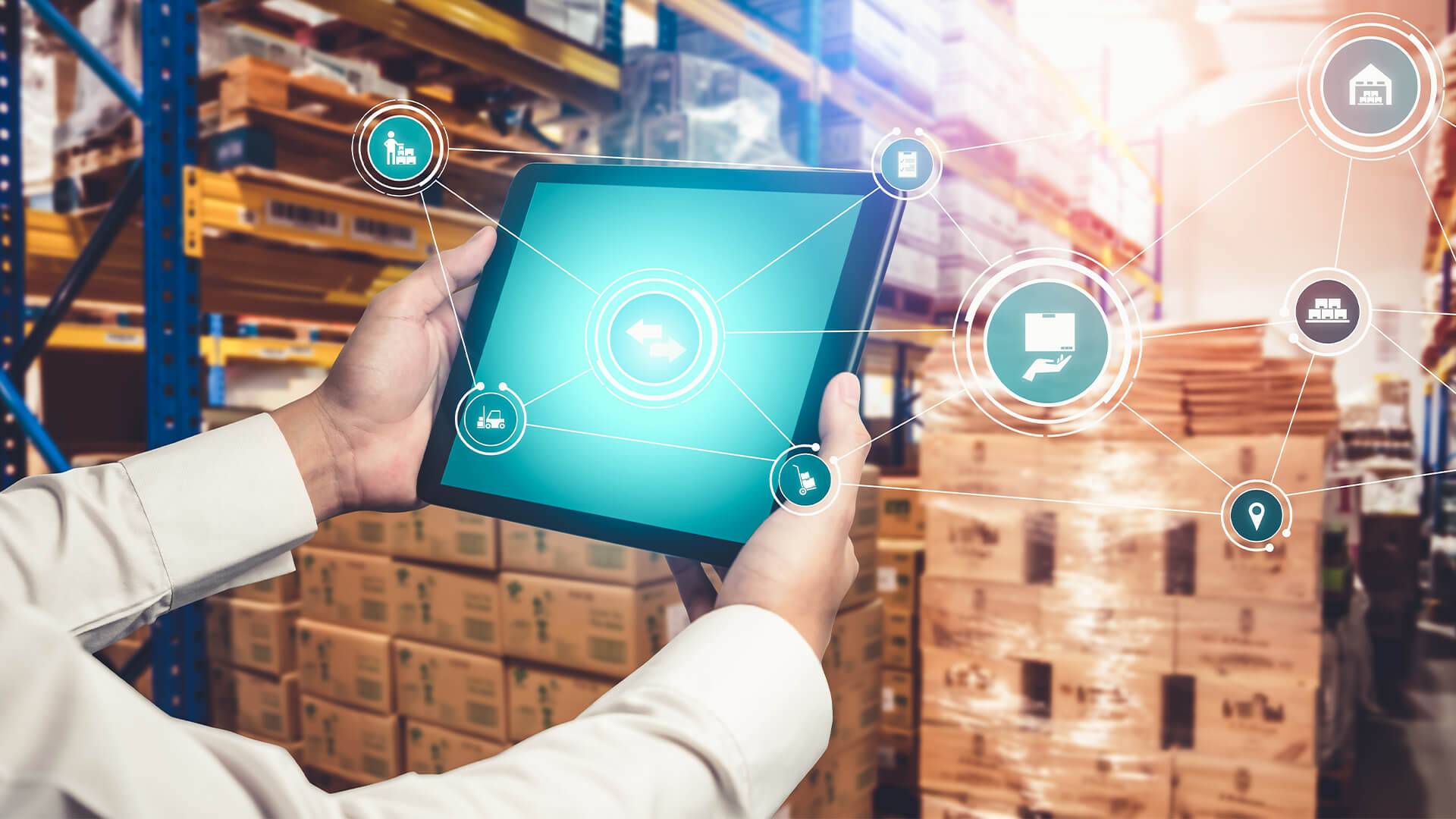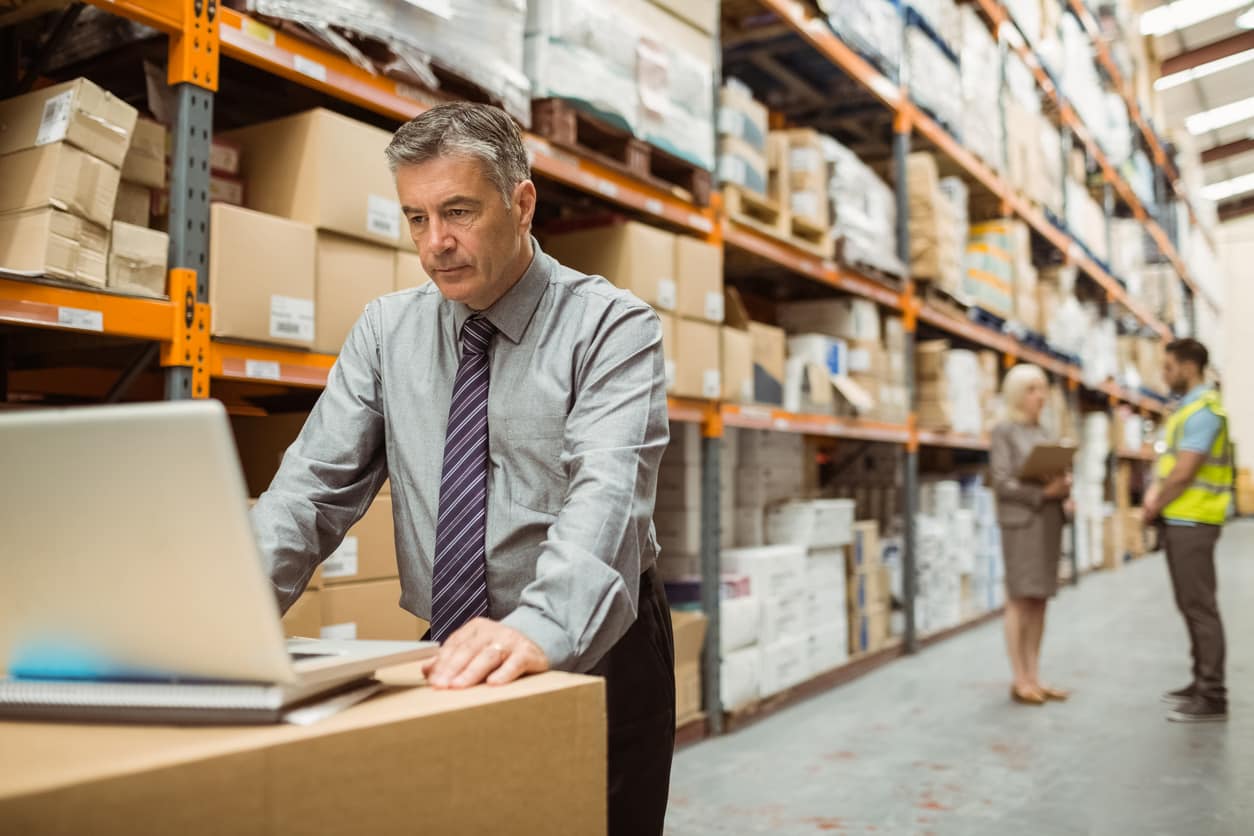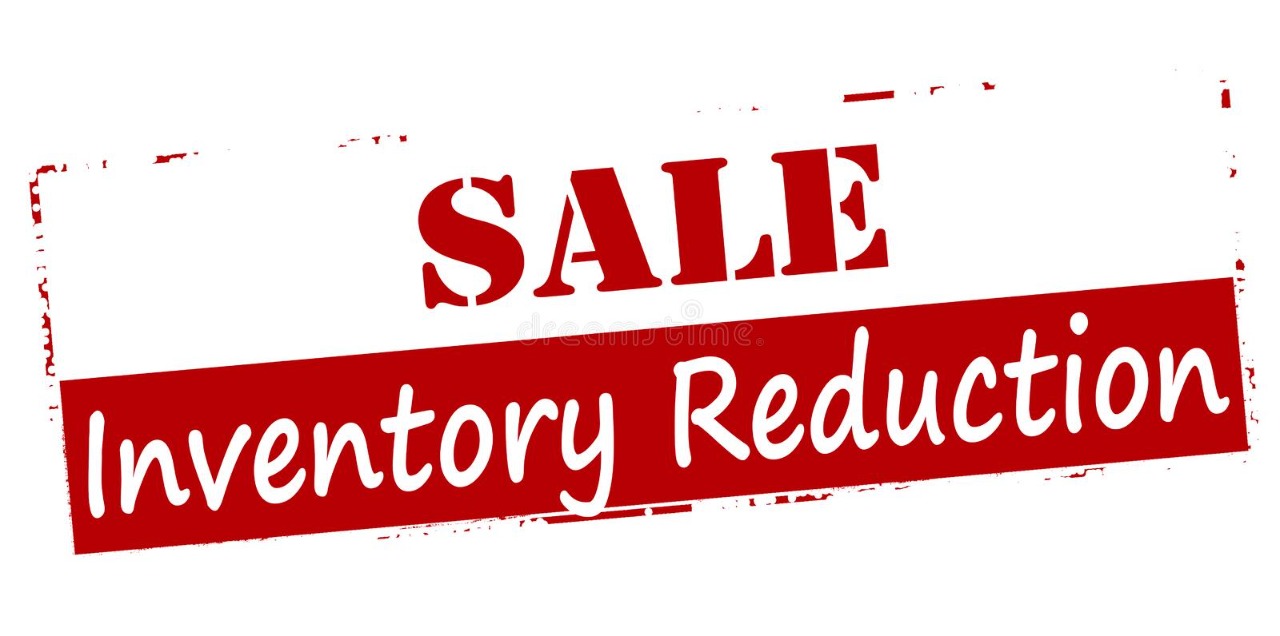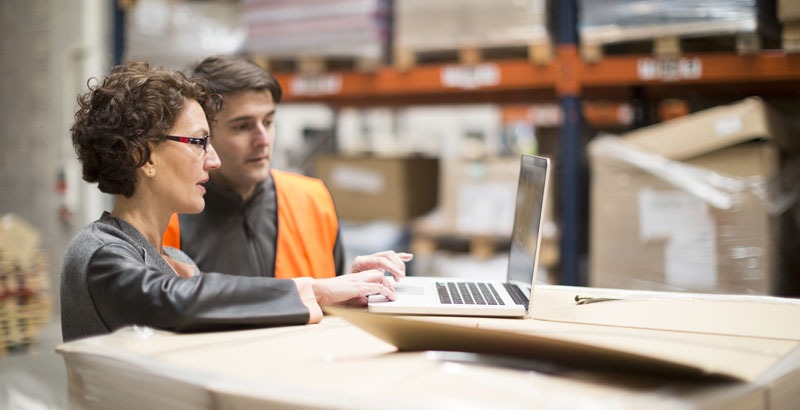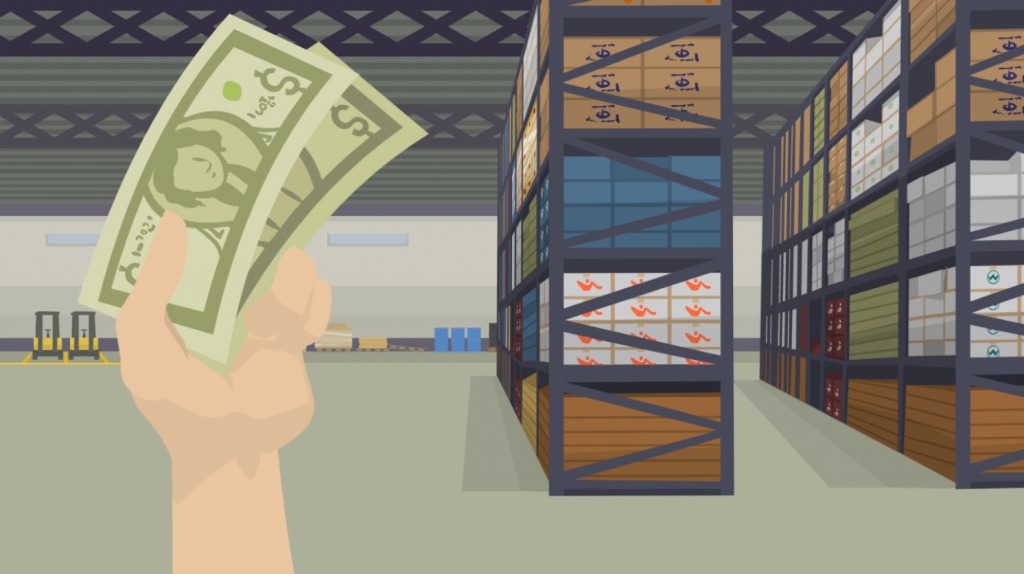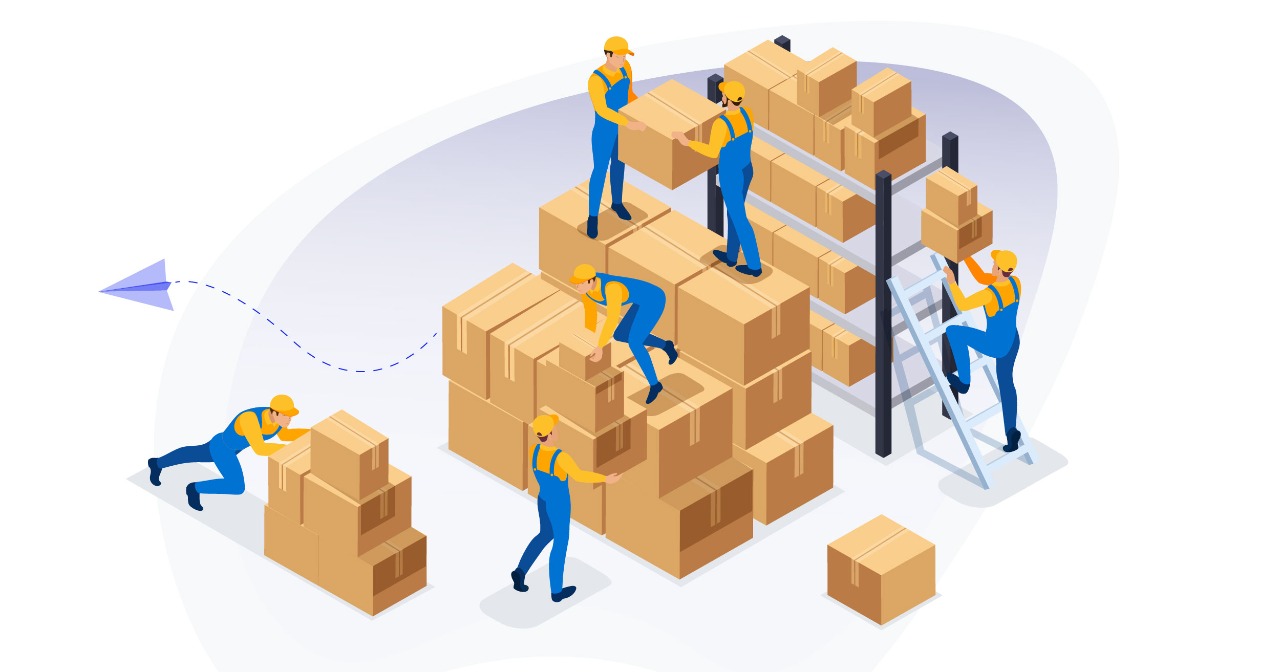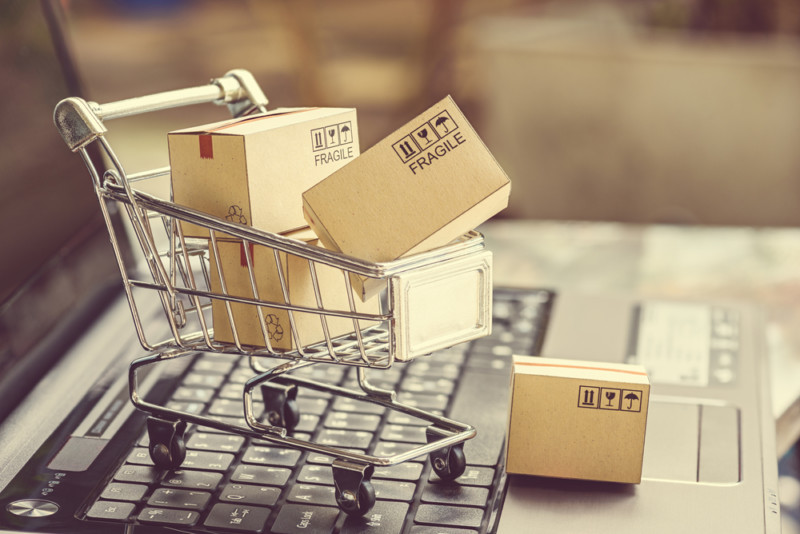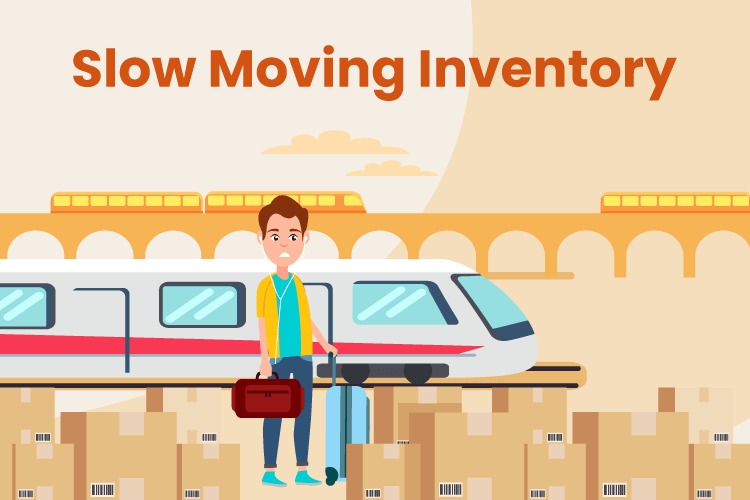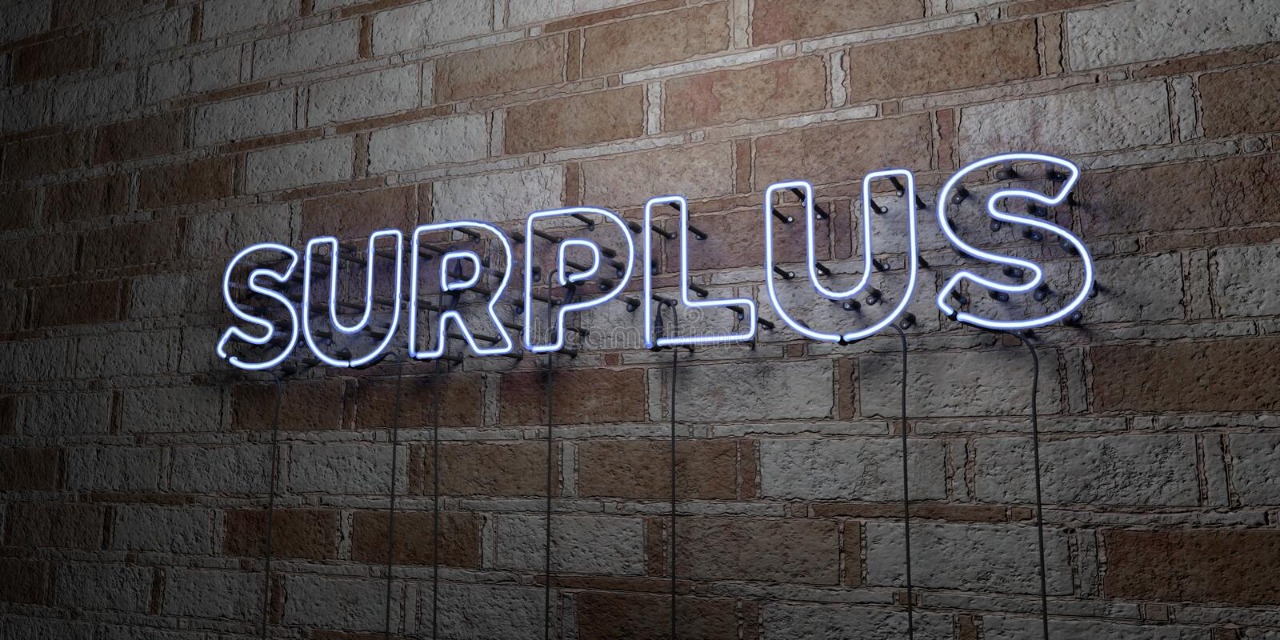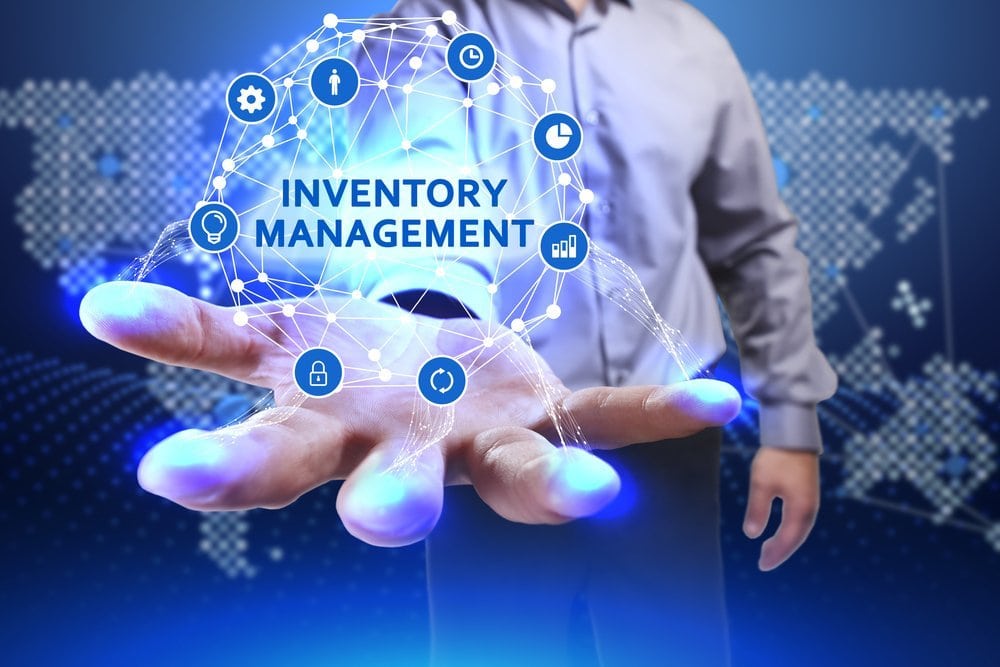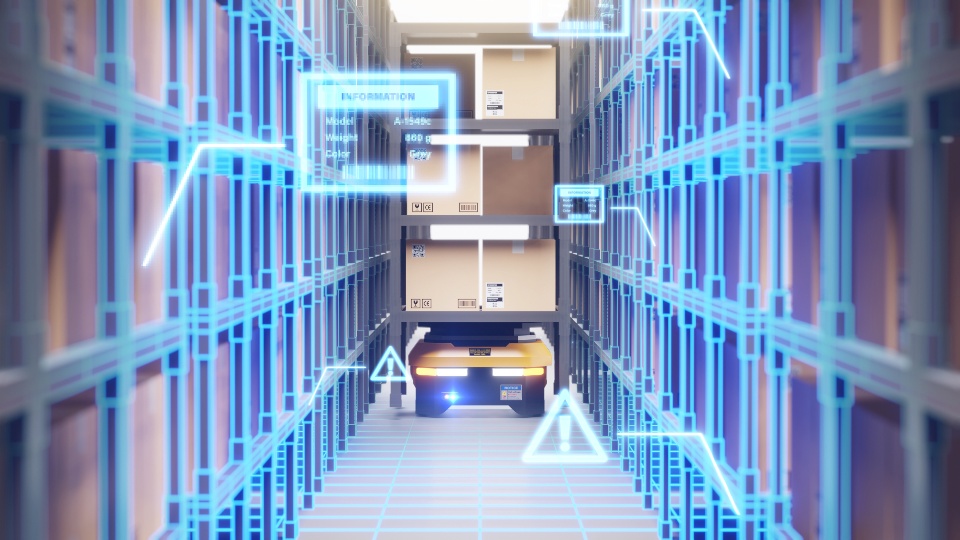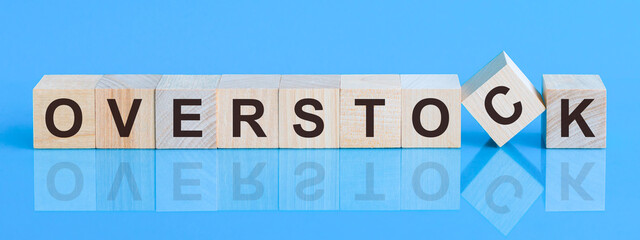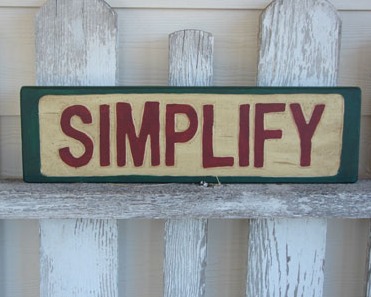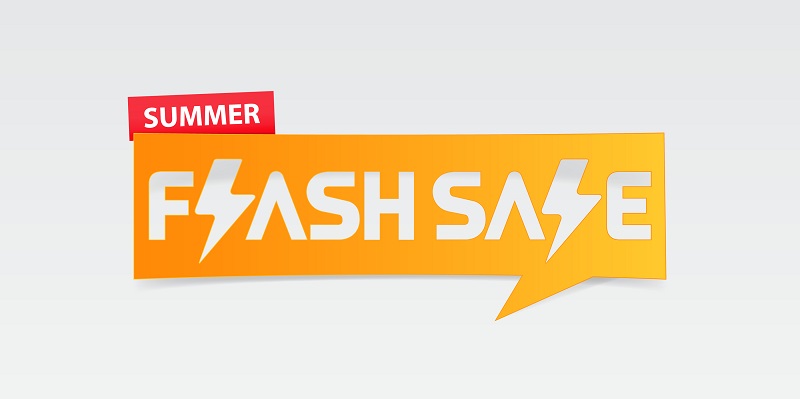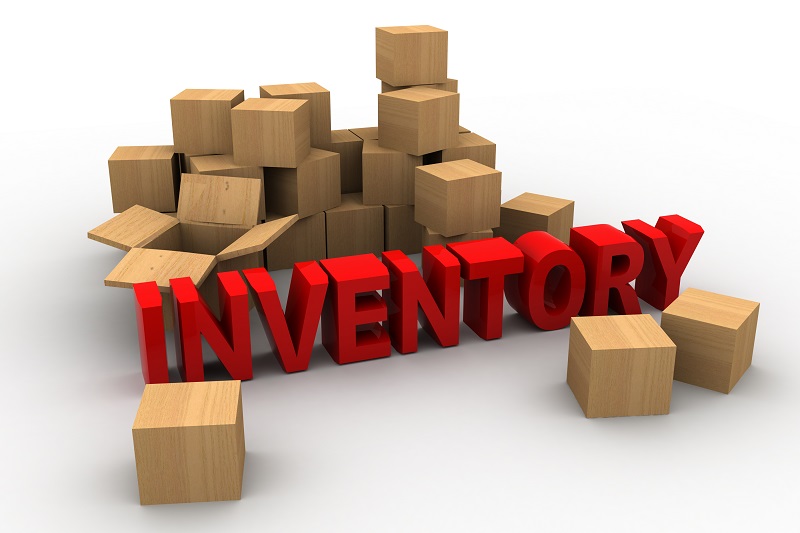Does customer experience matter more in the B2C (Business-to-Consumer) companies than in the B2B (Business-to-Business) or is almost the same? To understand the difference of how consumer experience differs in both the domains, it is utmost essential to first know what is a B2B and B2C in the first place. B2B is a term that refers to business-to-business. It covers everything from electronic market transactions to connecting suppliers, distributors and other channel partners under one roof.
What does B2B and B2C Mean?
B2B is simply the short form of Business-to-business and indicates the target consumer you are selling your product to. If a company is selling its product or service to other companies then it is a B2B company. Inverse to this, B2C is if you are selling products or services directly to the end consumer, then you are a business-to-consumer company.
B2B vs. B2C – Demand Going Digital
The world of B2B business is primarily dominated by the millennials of today who tend to look for procurement of inventories online as against the traditional offline purchasing methods. For them, marketplaces are their go-to channel. A majority of these B2B buyers comprising nearly eighty percent expect a convenient shopping experience similar to those offered by the B2C ecommerce sites. Features like speed, personalisation, automation, secured payment gateways, shopping cart are conditioned as a must-have whenever buying something online. Ecommerce portals are now not an option anymore. With the rising competition and the increasing popularity of online marketplaces, the presence of a business on a B2B trade portal has become inevitable. B2B trade portals are equipped with sophisticated features that can be tailored to cater to unique business requirements.
Ways B2B Customer Experience Differ from B2C
Marketing : Marketing for B2B ecommerce companies is more narrowed and targeted. B2B companies are not typically reaching out to millions of consumers at once but only a few niche people just related to their business. The products are promoted in wholesale so that it reaches the attention of wholesalers, dealers, distributors.
Sales Process : For a B2B end-to-end transaction to happen, it may take days or months to finalise as the customer journey is longer. The buying decision is not made by a single consumer but by a team of top management professionals who consider several factors before placing the purchase order. Also, the B2B buying and selling is generally done in a bulk quantity.
Customer Behaviour : B2C transactions tend to be quick and often with minimal interaction with the seller. The customer starts his own journey through a product search and ends up buying it after he is satisfied with his own research work. While for the B2B transactions, they are not always taken in a quick or hurried manner and involve lot of interaction as a company may buy in large quantity for the business in whole or for expanding businesses in a large manner.
Service and Support : Service and support needs to be more attentive and personalised in B2B business relationships than in B2C where it is more generic. For B2B situations, the feedback given needs to analysed on an immediate basis and companies expect quick response and action on personal level as it affects the business and operations of the company. Whereas, in B2C, most customers give feedback in an anonymous manner and businesses make their team mostly respond through social media channels.
Social Media Channels : In the B2C space, the social media platforms are mostly used for promoting the product to the end consumer and the customer uses the same for to send a positive or negative review about the product or the brand. While for the B2B, the social media platforms are used with a more professional perspective.

